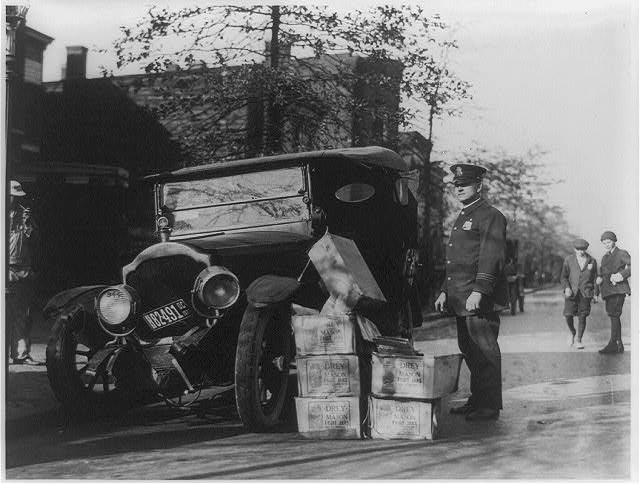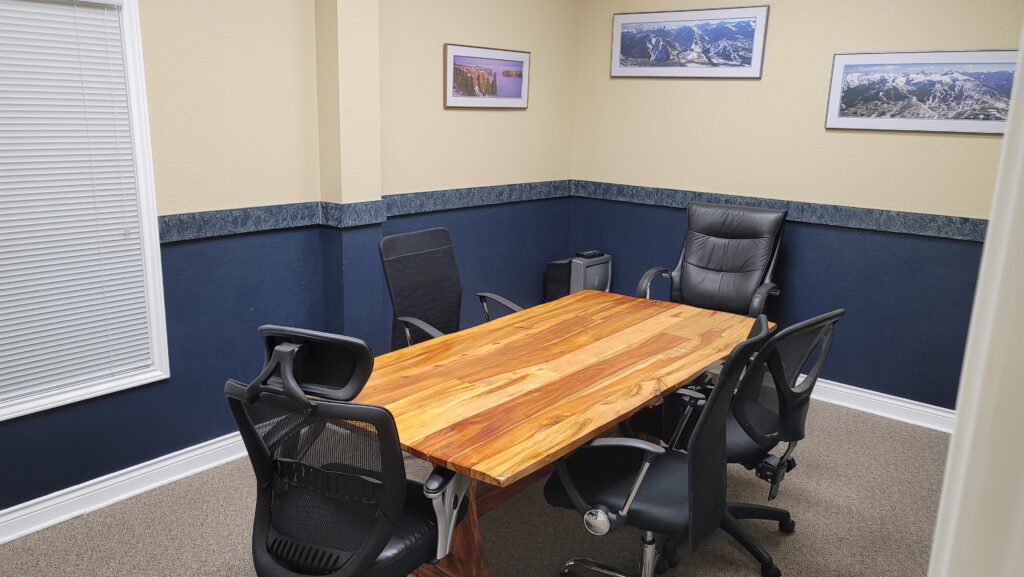Grand Junction Accident Injury FAQs
What type of accident injury cases do you take?
What is your fee for taking my case?
I take cases on a contingency fee basis. So, what that means is that I only get paid my percentage when you receive a settlement. Consequently, if you don’t get paid, I don’t get paid.
What is the best way to contact you about taking my case?
The easiest way to contact me is to call my office at 970-243-3500.
Ok, I have an appointment to meet with you. What should I bring?
Bring any information you have regarding your accident injury. Usually, this includes three main items: an accident report, including witness statements and their contact information as well as the police report and any pictures of the accident itself. Also, include any messages between yourself and the insurance company that you are working with. Finally, bring all medical bills that you receive as a result of the accident, including prescriptions.
How long does settling a case take?
Unfortunately, there is no set answer to this question. Each case is completely unique and the time it takes from start to finish will vary based on different factors. These include the insurance companies’ processes and the seriousness of your injuries.
What does Colossus have to do with my case?
Some insurance companies use a program called Colossus, or some variation of it, to settle insurance claims. Essentially, it is designed for the adjuster to insert certain numbers pertaining to your case and injury. It determines the amount that you will receive for your claim. Therefore, its intent is to insure that companies award amounts of money based on certain standards. However, because it is a computer program, it is susceptible to returning inappropriate amounts based on subjective injuries, such as pain and suffering.



